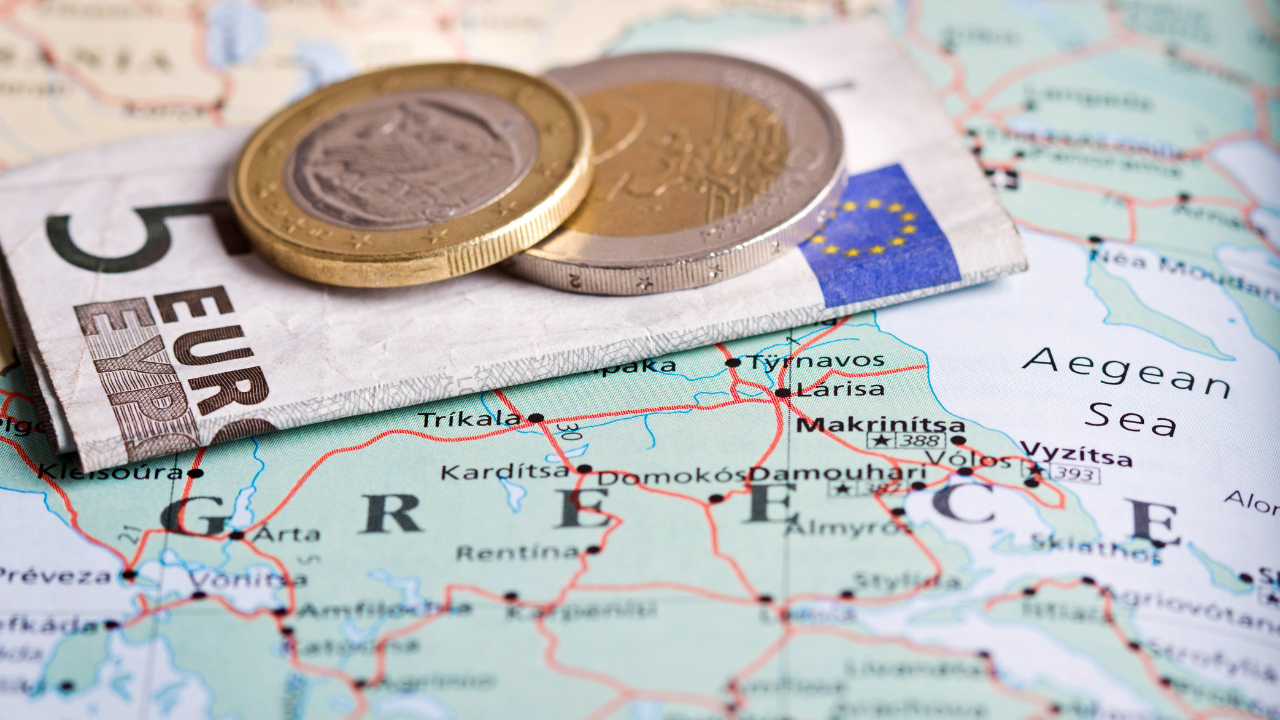With the new increase in the minimum wage in Greece, it almost equals the average for the country, which amounts to about 800 euros, reports in Kathimerini.
The minimum wage was raised to 780 euros gross, and a look at private sector wages in 2023 shows that around half of the country's workers will earn 700-1,000 euros gross or 820 euros net.
The percentage of people in this category is expected to be around 45-50 percent at the end of 2023, up from just 28 percent at the end of 2019.
The euro traded above $1.06 in interbank trade
There are two main reasons for this: the increase in the minimum wage from €650 to €780 since 2019 and the fact that the number of employees earning less than €700 has fallen – and will continue to fall.
In the €700-€1000 group of workers, more and more new additions are coming in, while there are no corresponding outflows, as raises, which depend on employers rather than government influence, are currently limited.
This is also reflected in the average gross salary in the private sector, which has increased by 13 percent compared to 2019, while the increase in the minimum wage will exceed 22 percent in April, BTA reported.
The problem that is going to intensify in the coming period is the lack of well-paid job positions.
Gross incomes of more than €1,500 in Greece are currently earned by only one in four private sector workers, or about 380,000 employees, while the "€800 generation" will number more than 1 million people in 2023.
For the period 2019-2022, the leading change in wages in the private sector was the increase in the minimum wage, which sharply reduced the number of private sector employees receiving incomes at the poverty line (below €500) or even below €700.
While employees with salaries of €500-700 were around 300,000 in 2019 and 337,000 in 2021, in 2022 there were only 126,450.
With the new minimum wage, which is 780 euros, another reduction is possible this year.
